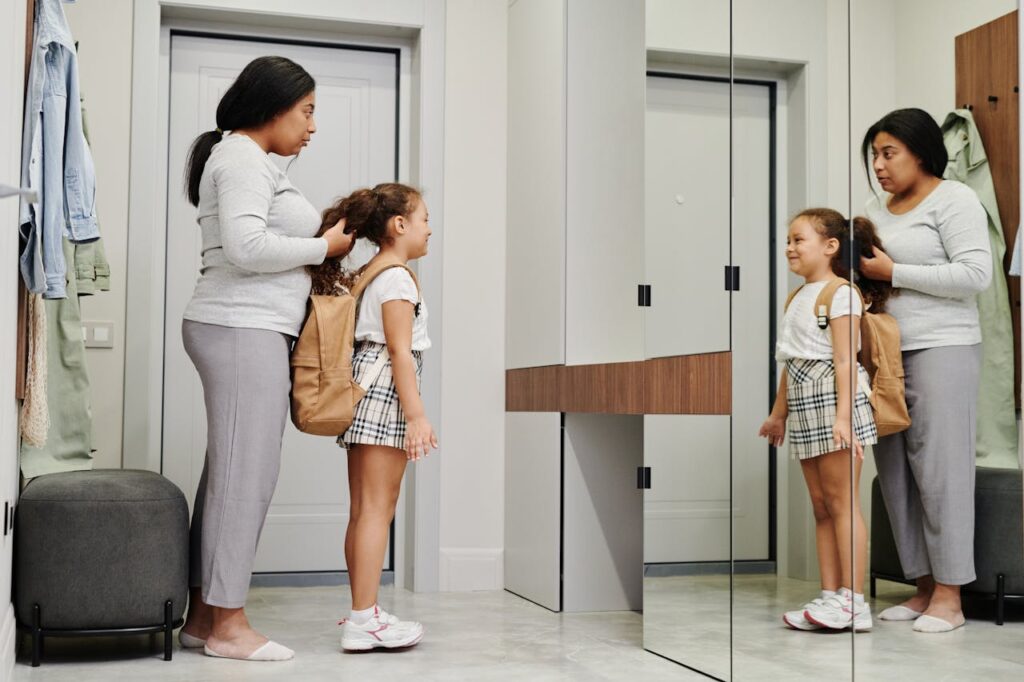How to Calm Your Child’s Fear of School Shootings
School shootings have become a top concern for many American parents, and if you’re struggling to manage your child’s fear of these events, you’re not alone. As a health and wellness expert who has worked closely with families, I deeply understand how overwhelming this fear can be—it’s one of my own greatest worries as well. As a parent, I know how vital it is to support your child through such anxieties, especially when it comes to the fear of school shootings. In this guide, I’ll share expert strategies on how to calm your child’s fear of school shootings and provide practical advice to help your family cope with this difficult reality 1. Listen to Your Child’s Concerns One of the most powerful ways to help children feel safe is to listen calmly and carefully to their worries. This allows you to understand their fears and address them in a way that feels supportive and reassuring. It’s important to separate your fears from your child’s. 2. Foster Open and Honest Communication Experts emphasize the importance of having age-appropriate conversations about school safety. Children often reflect their parents’ emotions, so it’s vital to remain calm and reassuring during these discussions. Talk about the safety measures in place at their school and encourage them to speak up if they ever feel unsafe. 3. Manage Your Own Fears Dr. Janine Domingues of the Child Mind Institute advises parents to regulate their emotions before discussing active shooter events with their children. Research shows that kids are less anxious about such events unless they pick up on their parents’ stress. To help manage your fears: 4. Be Proactive and Informed Finding Perspective and Building Resilience While the rise in gun violence in schools is deeply concerning, it’s important to remember that mass shootings remain rare. This fact, while not entirely comforting, can provide some perspective as we navigate these fears. By managing our own anxiety, we create a foundation of emotional stability, structure, and predictability for our children. Though we can’t protect them from every harm, we can equip them with the resilience and confidence to face an uncertain world. Together, let’s work toward a safer future while fostering a sense of calm and security in our homes.

